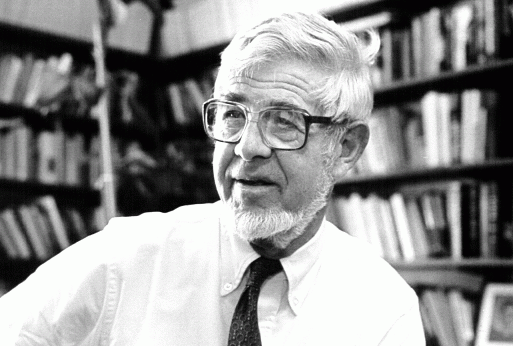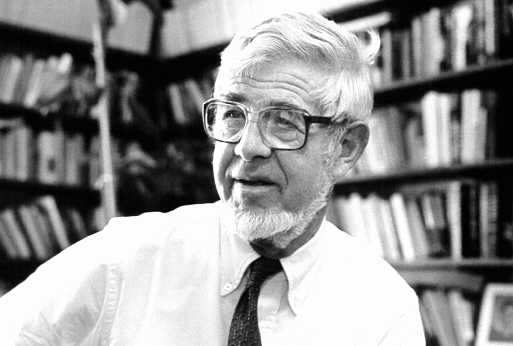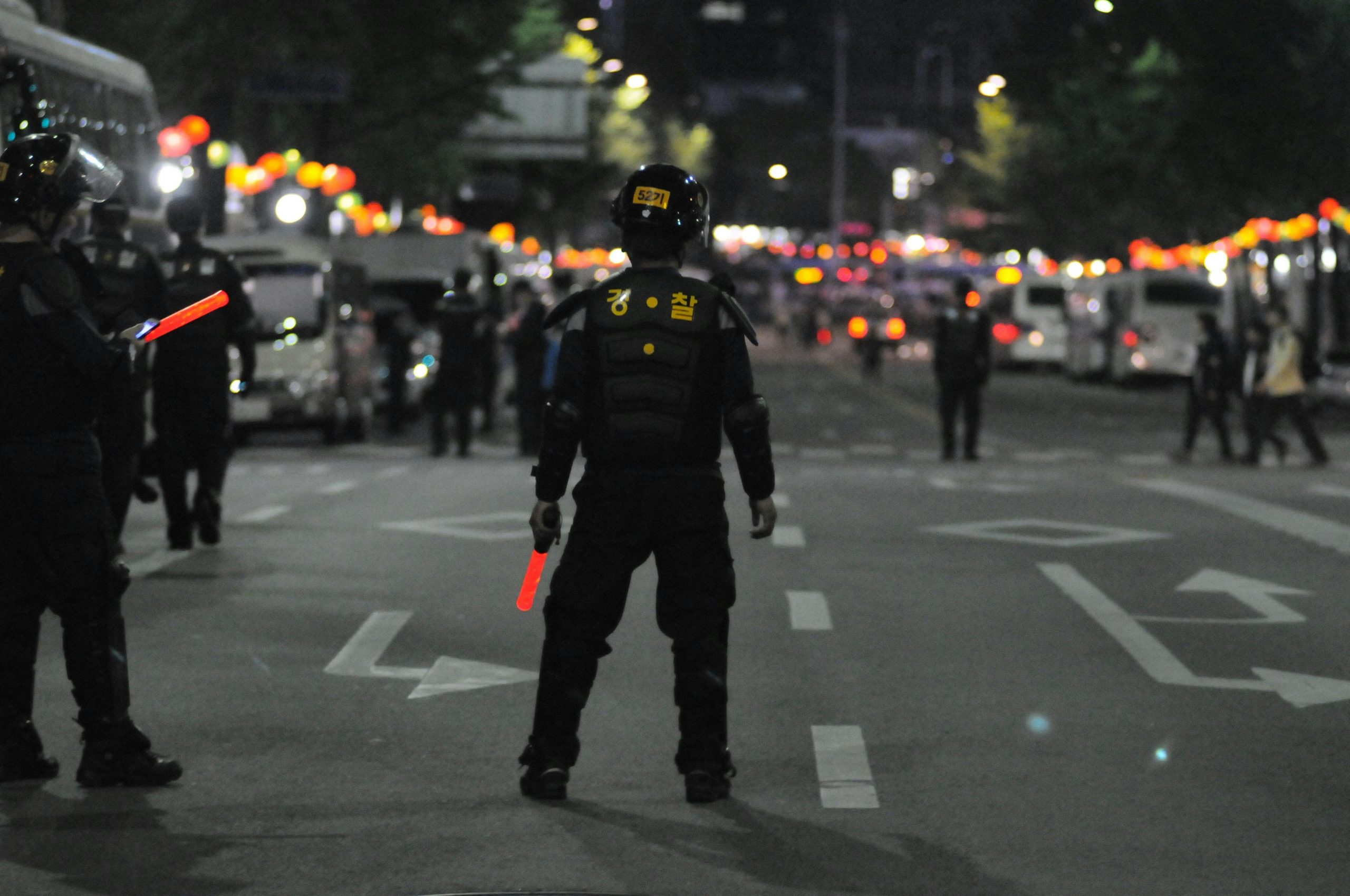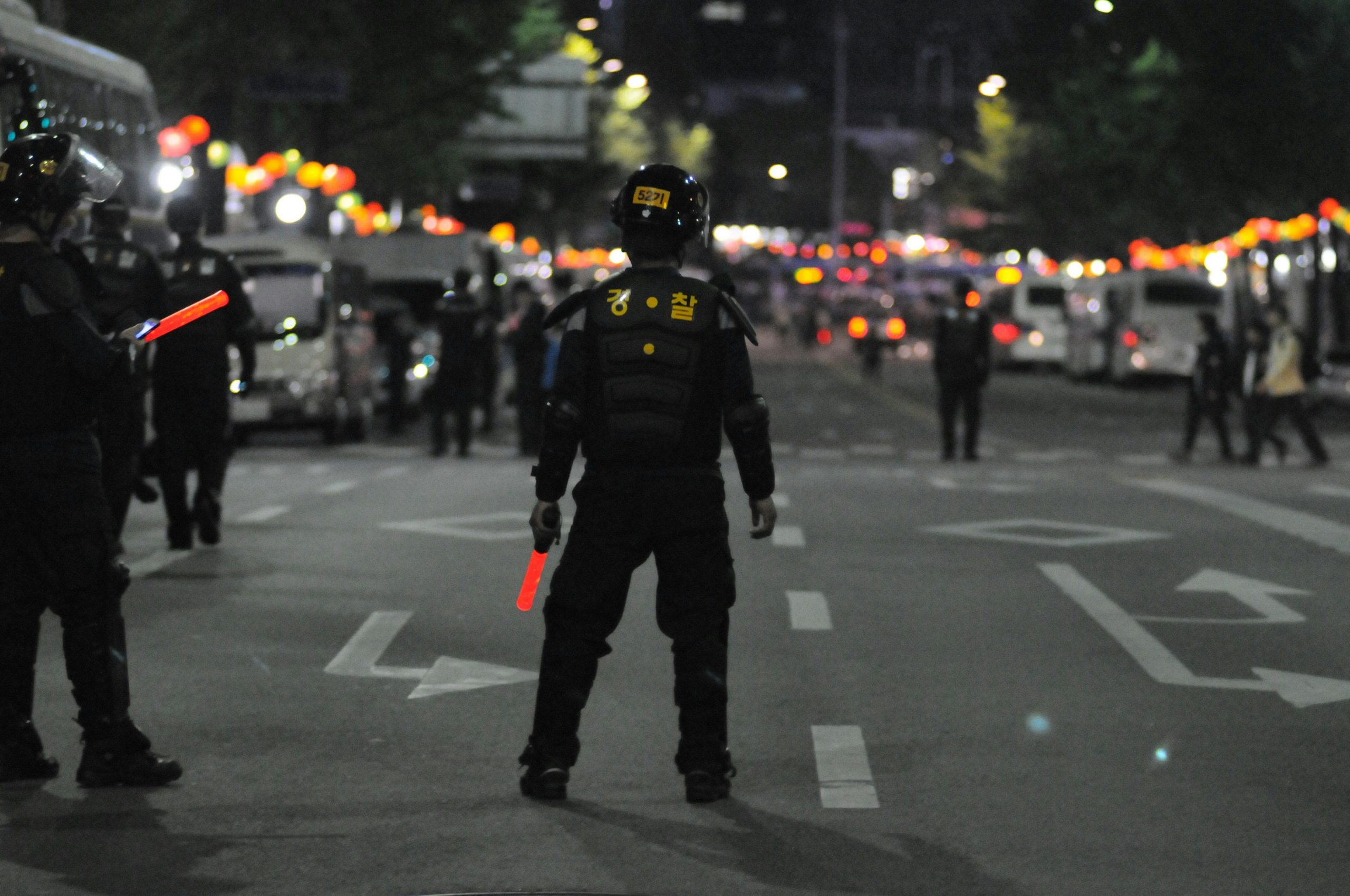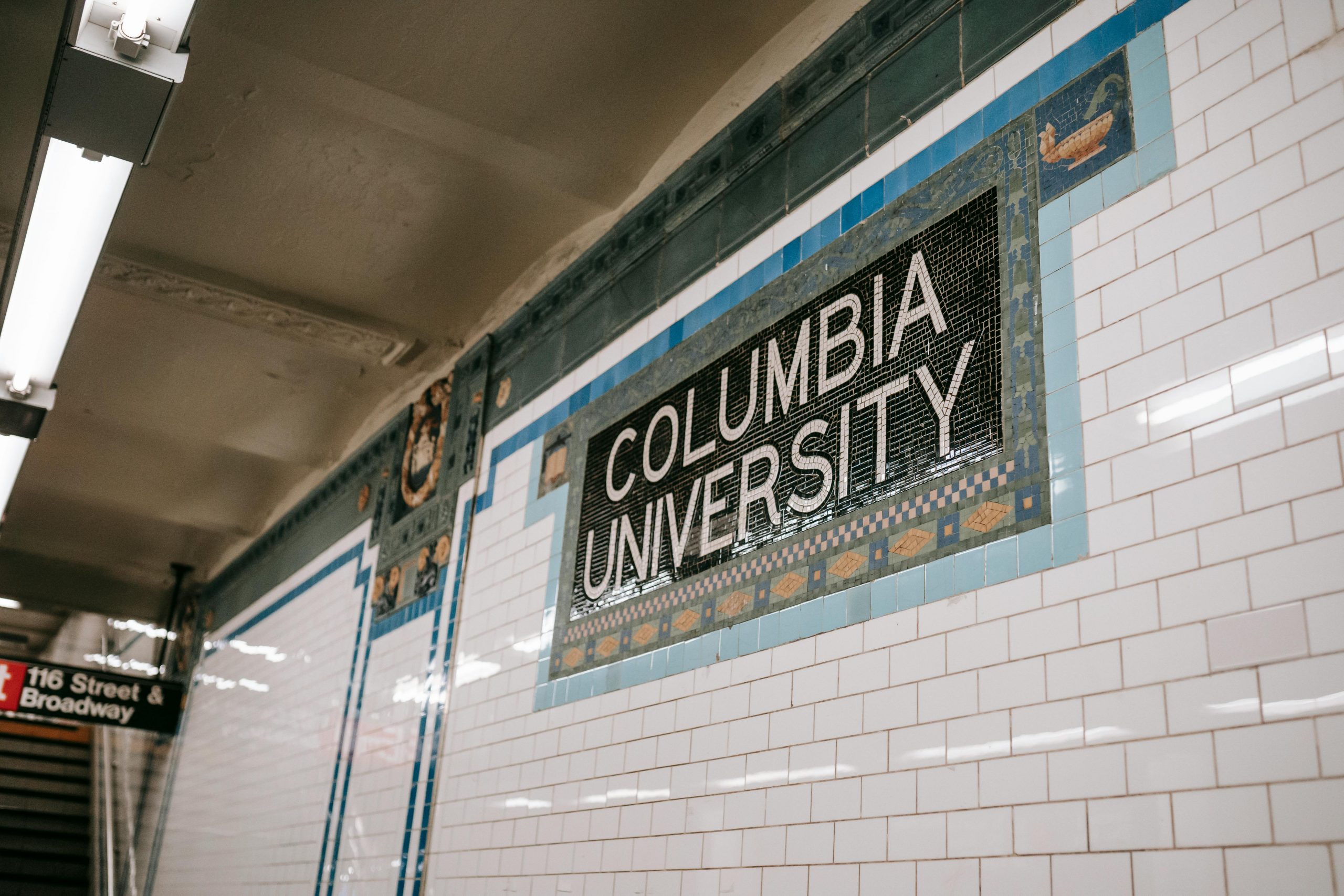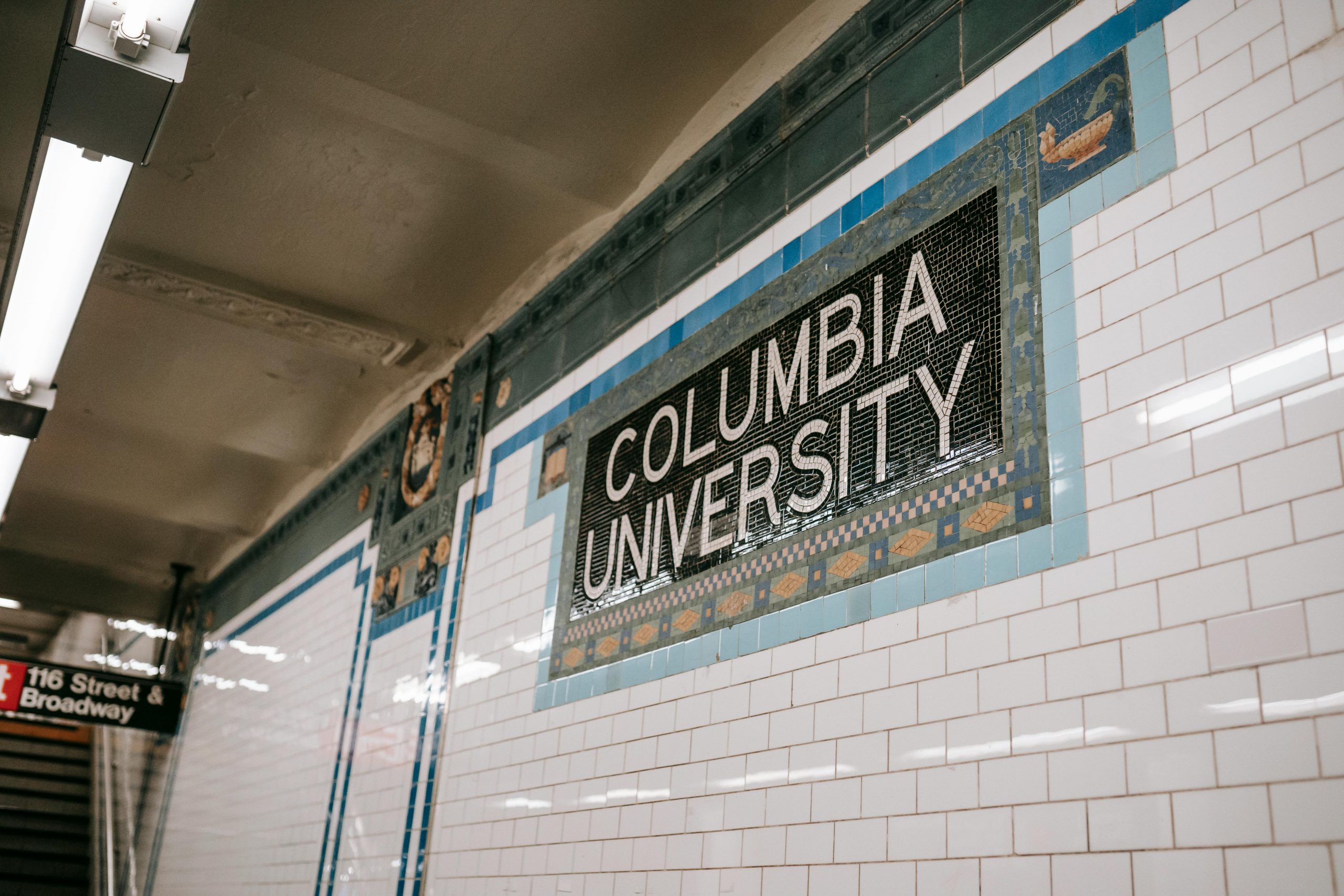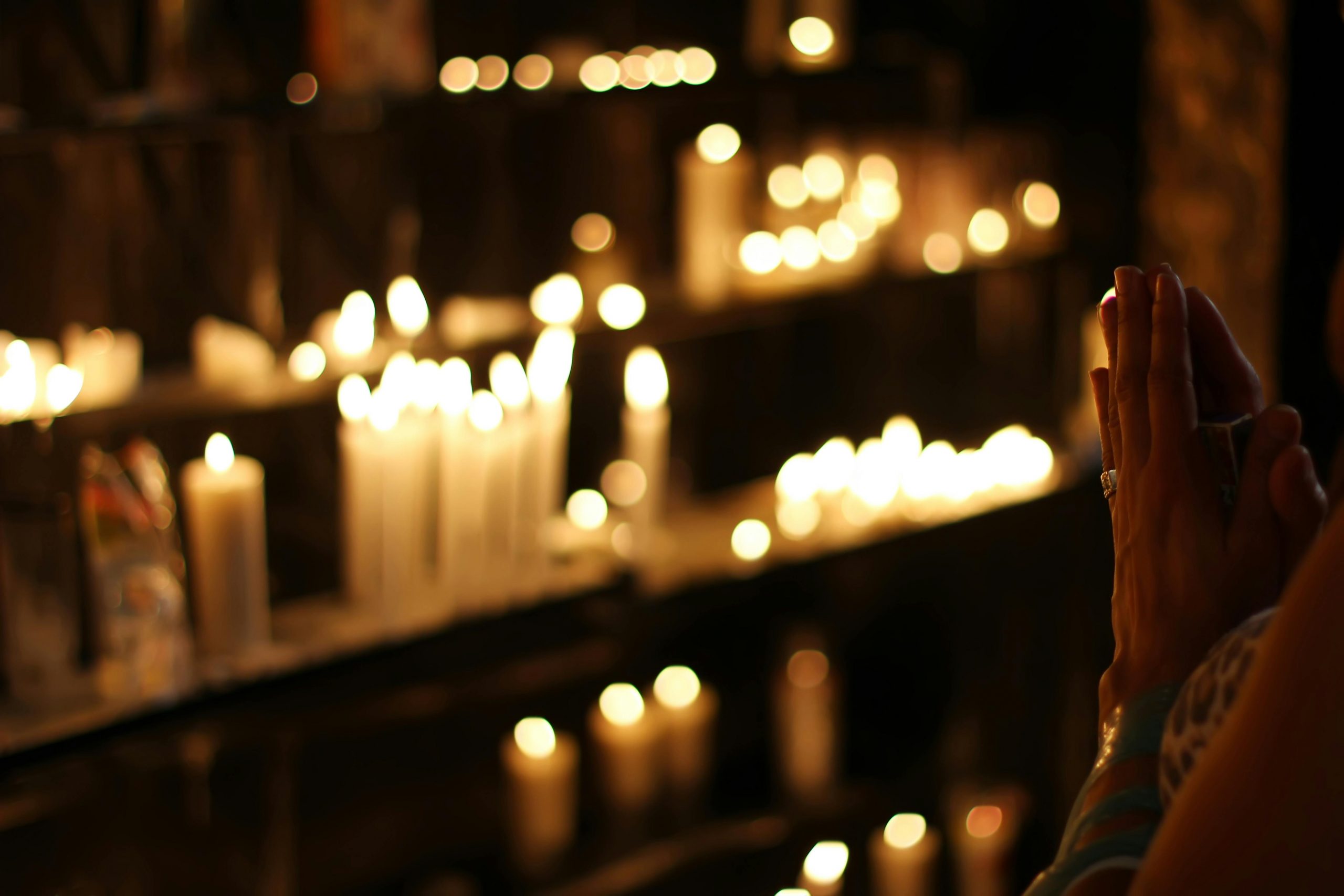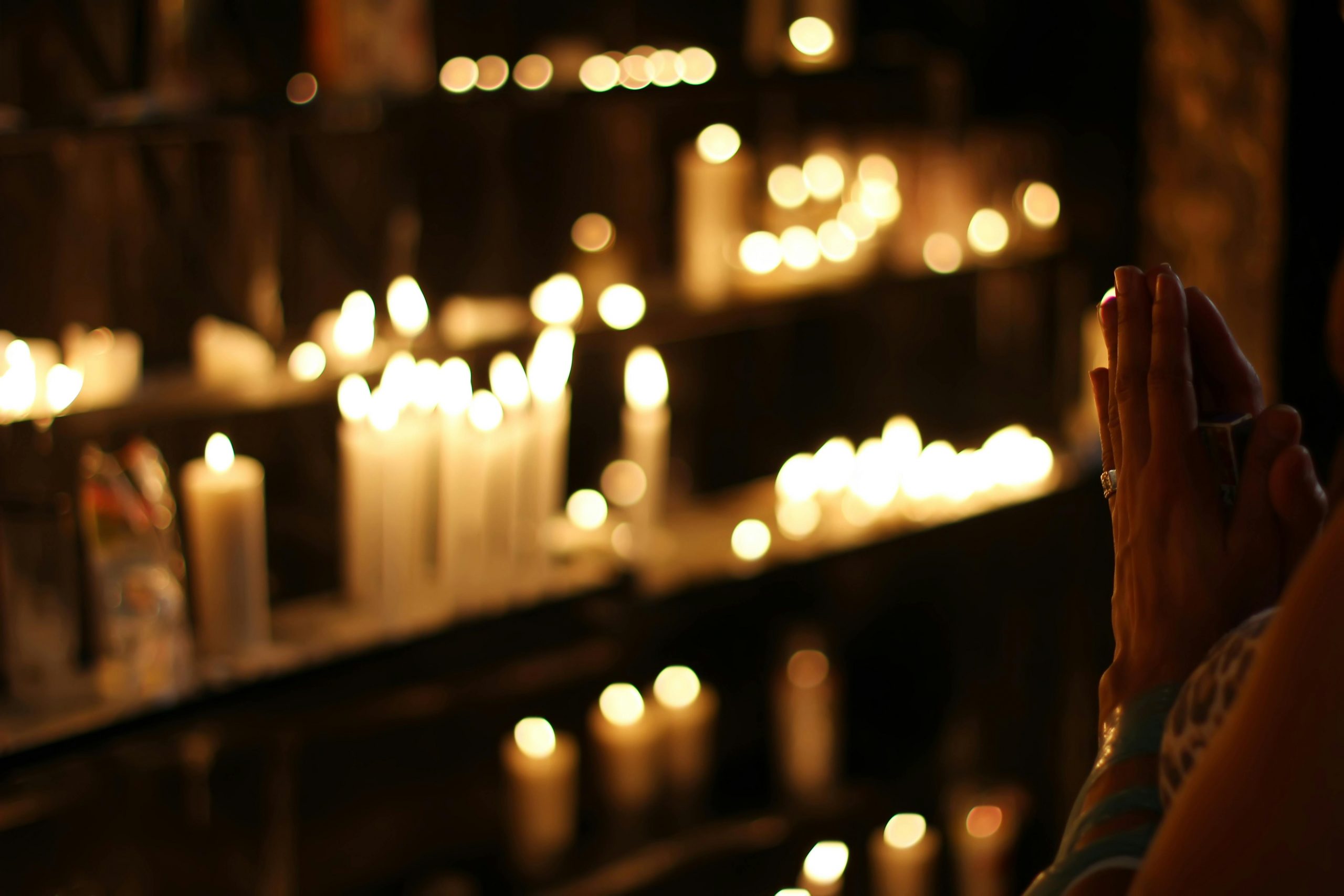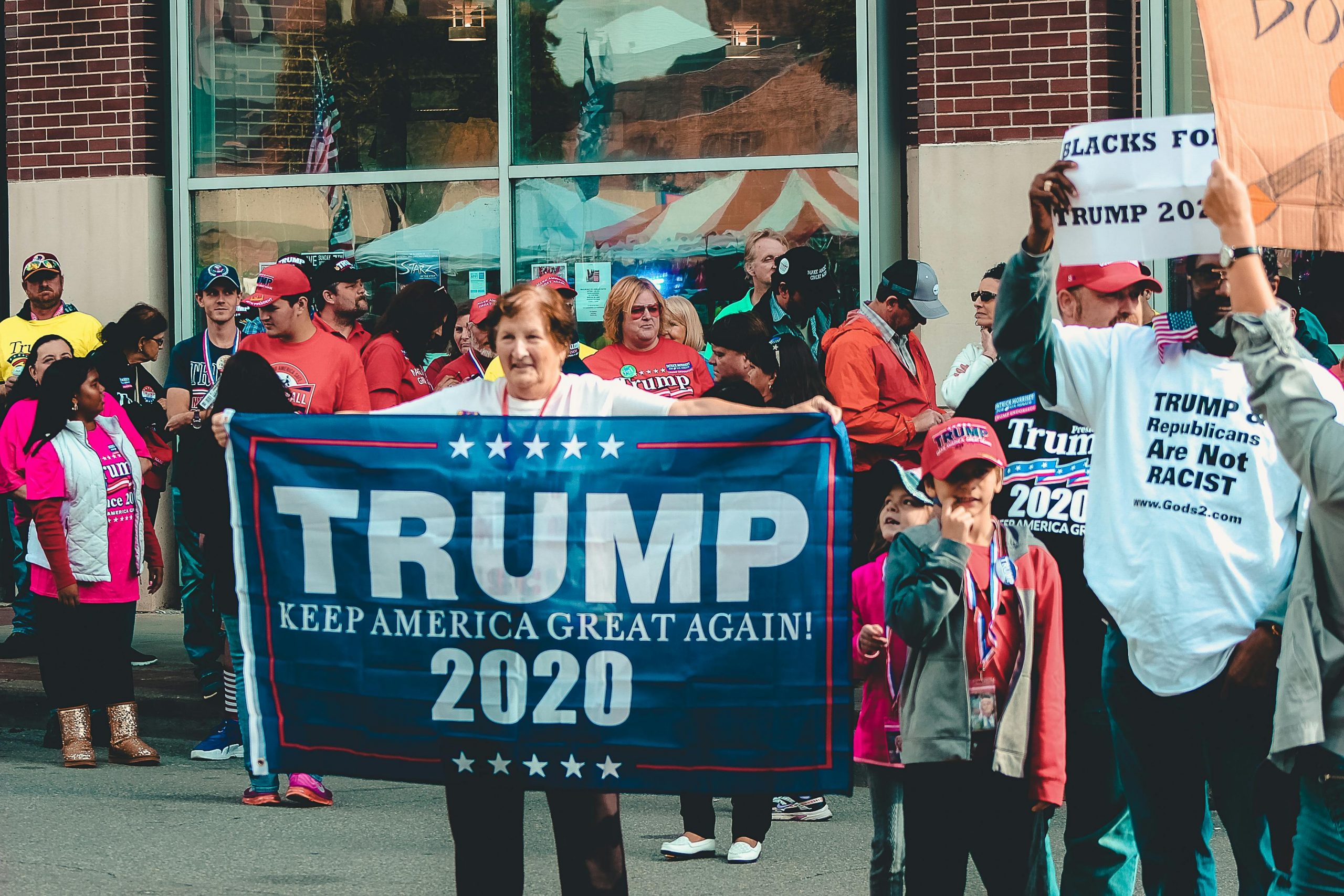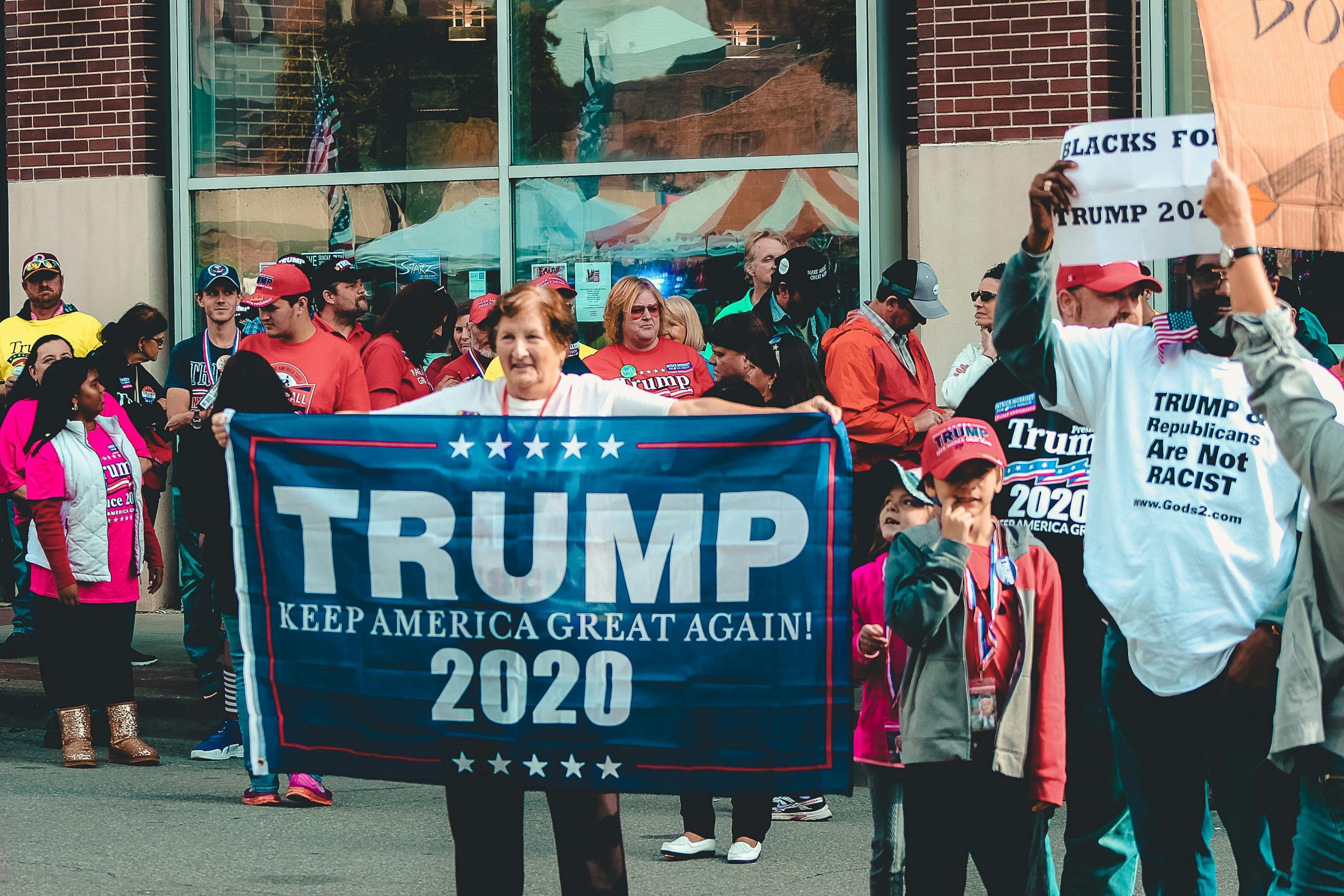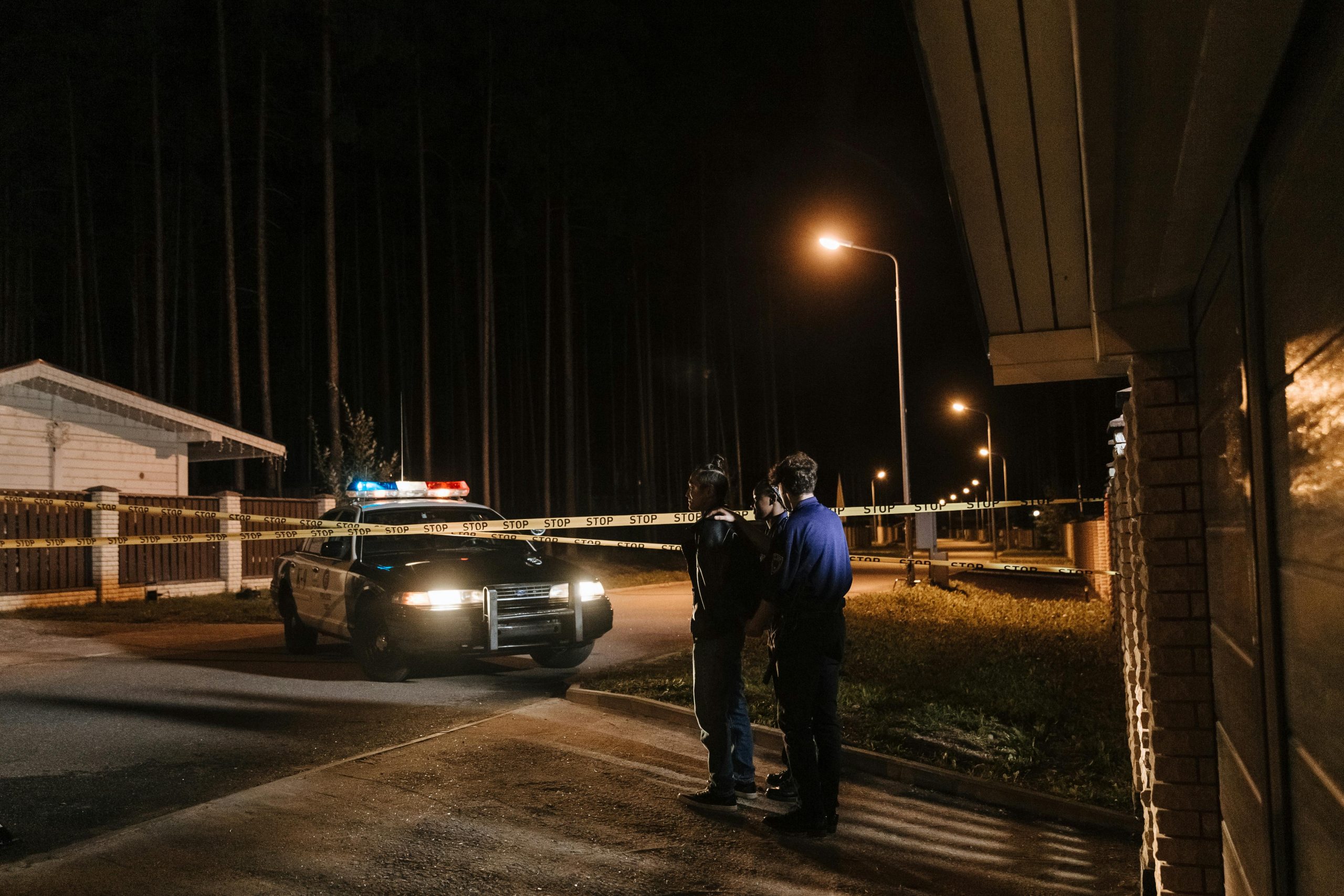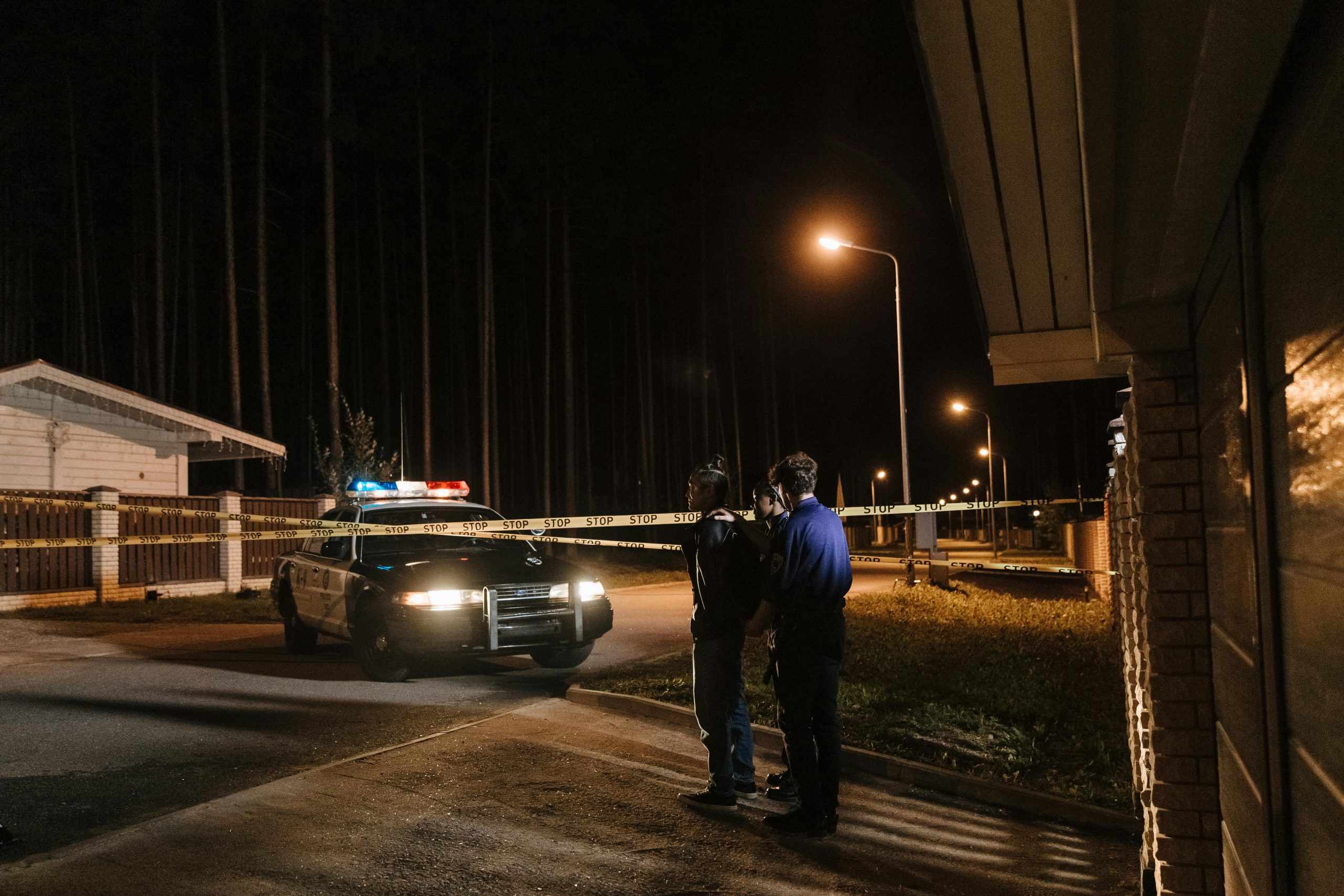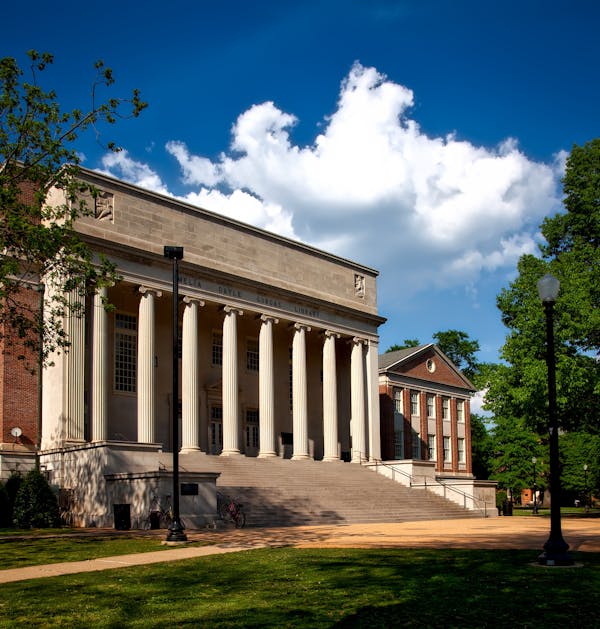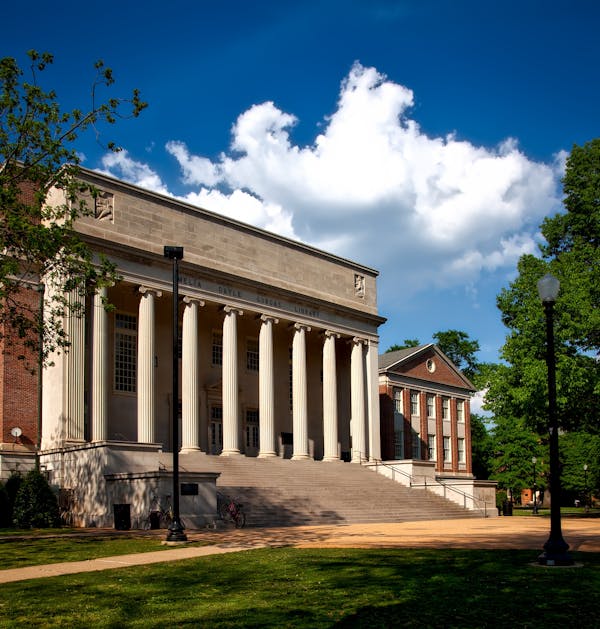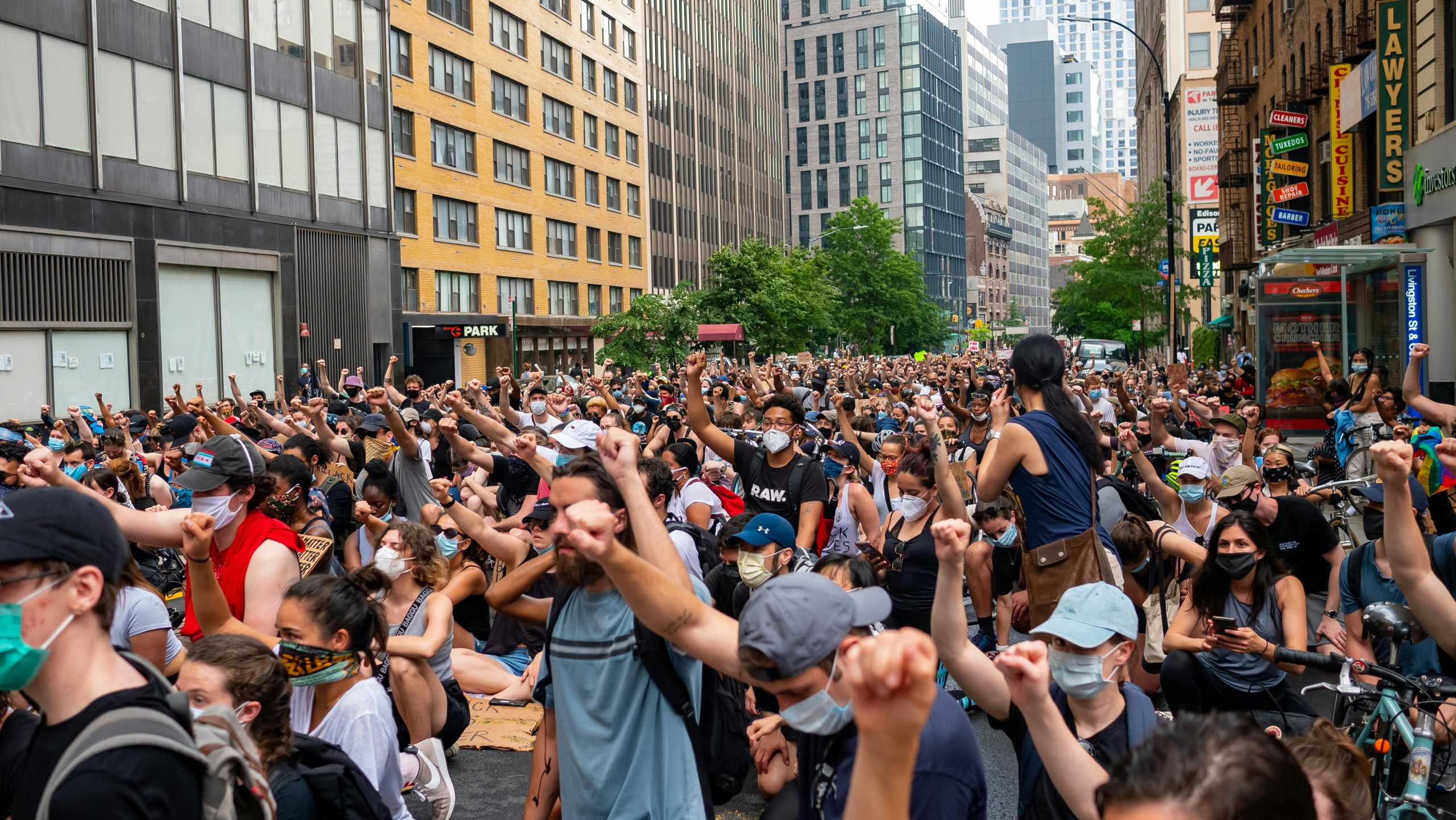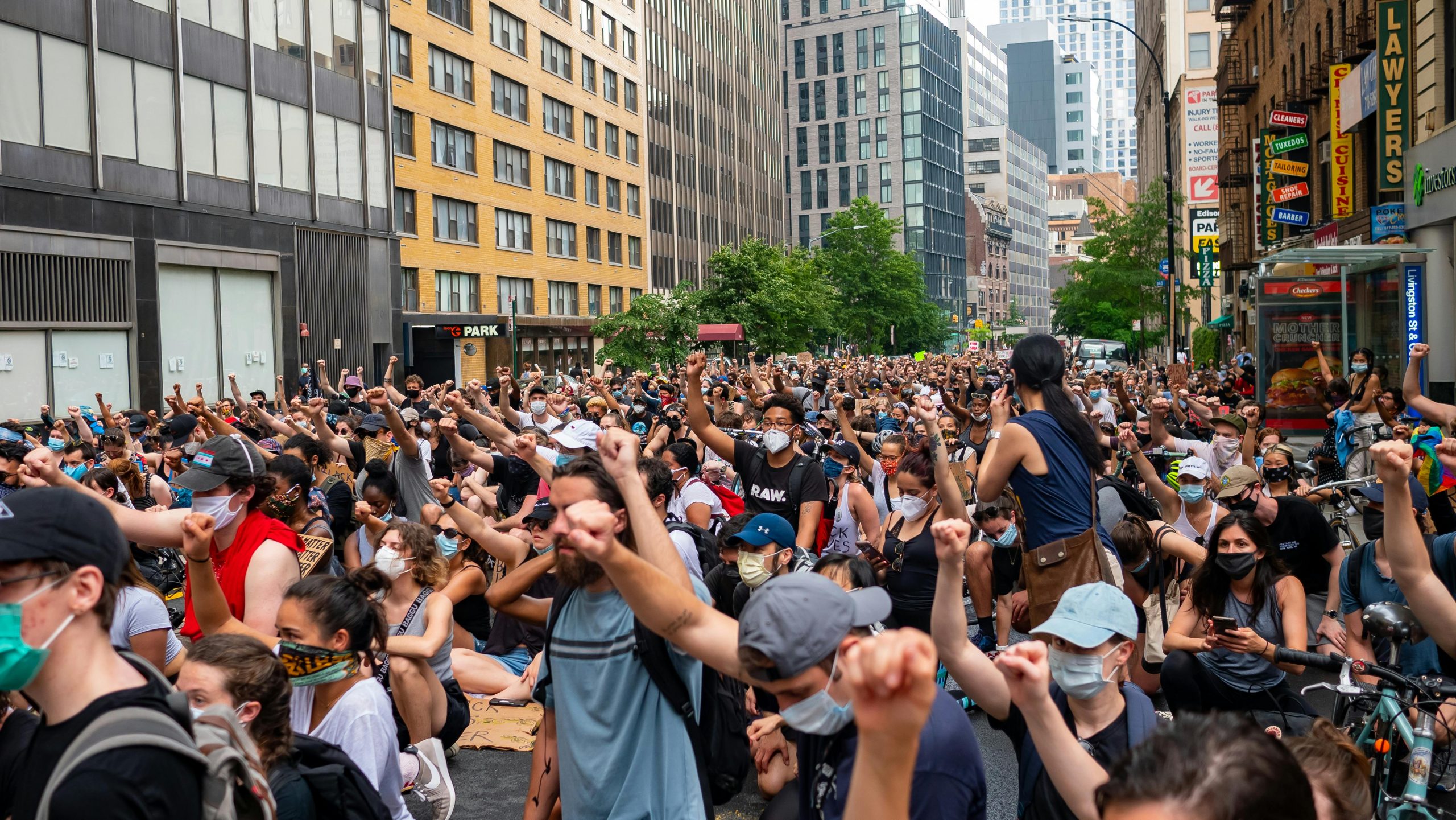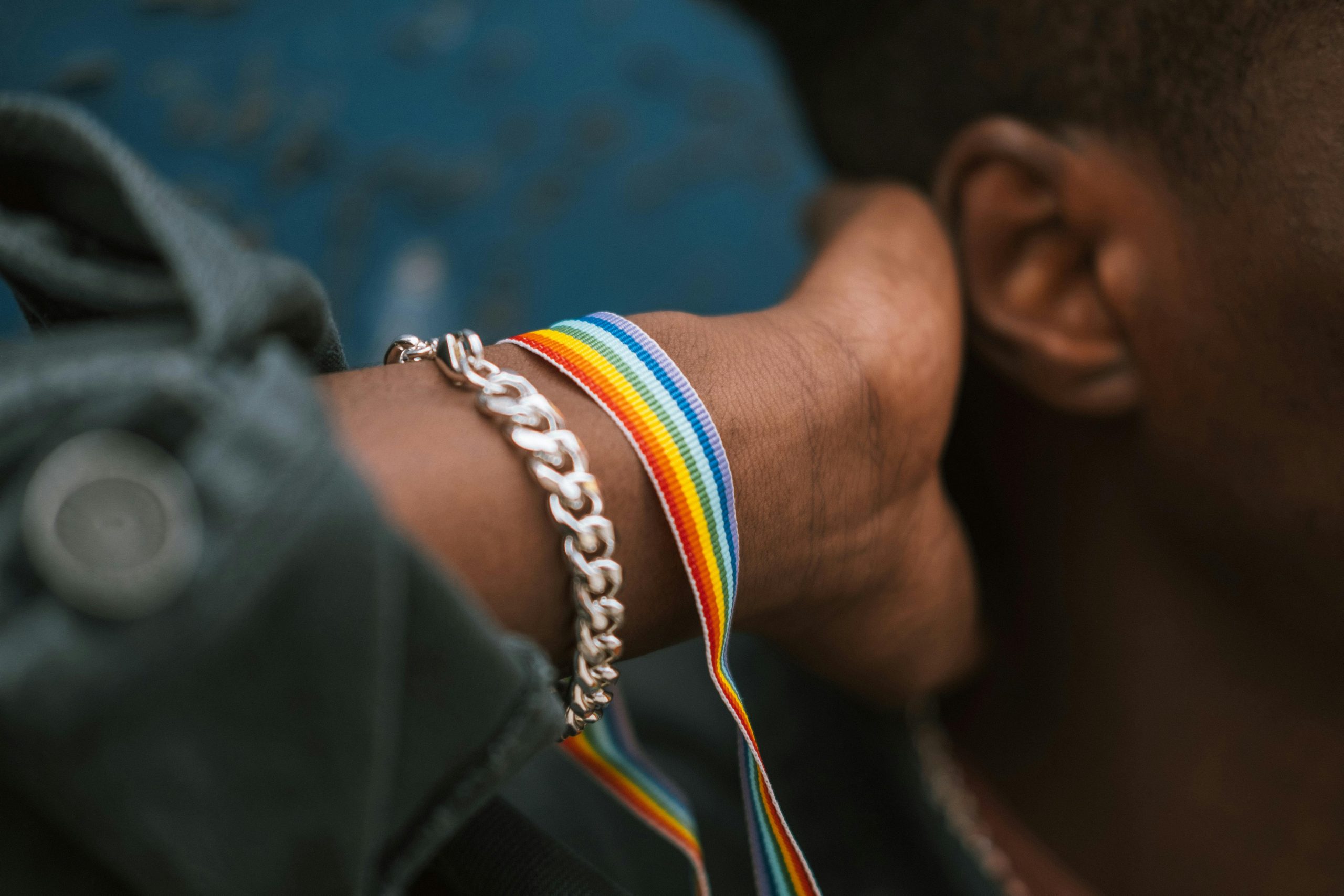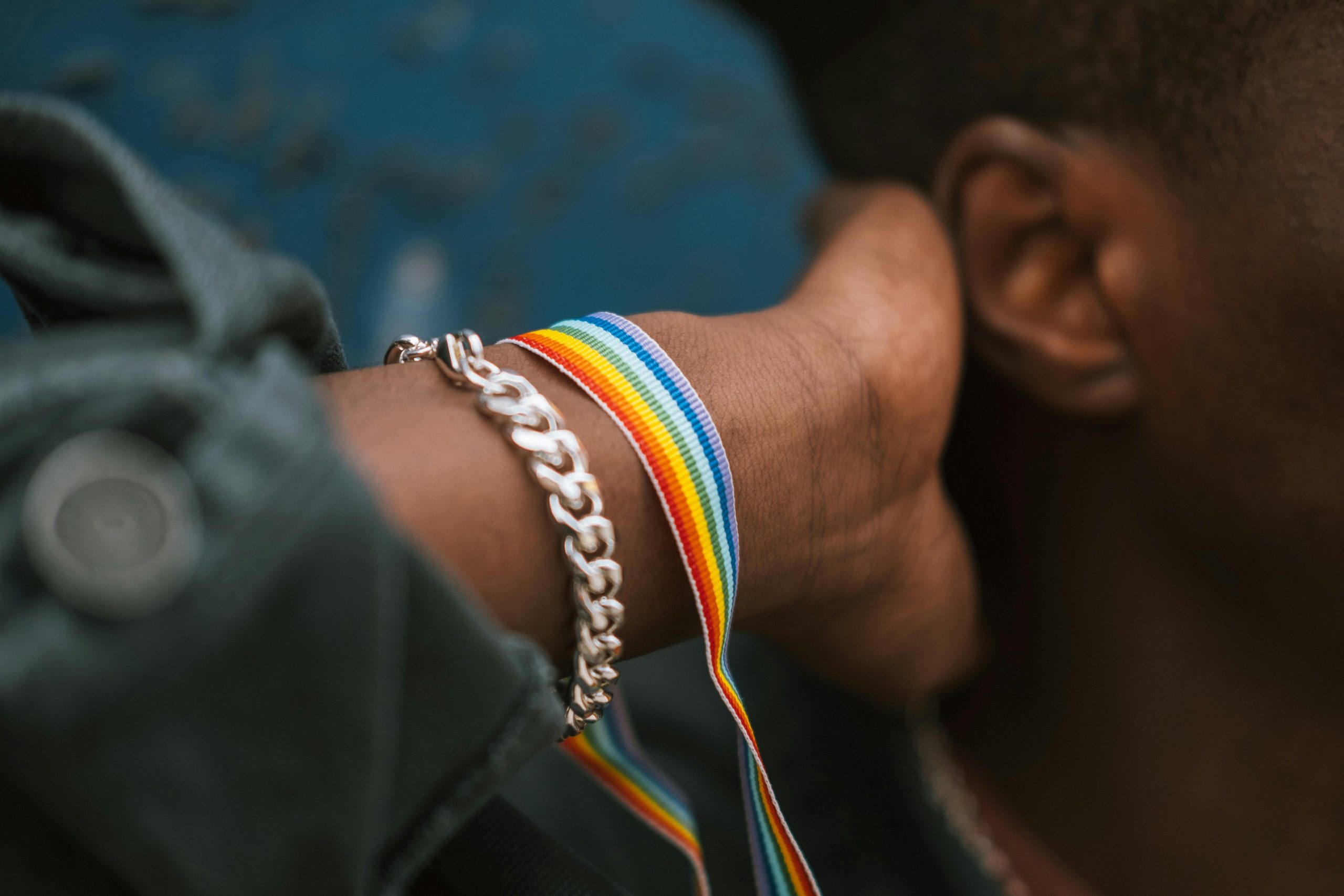

In an article for The Conversation, Jeffrey Dixon (Professor of Sociology at College of the Holy Cross) discussed how artificial intelligence may impact American workers. Dixon argues that “America’s fusion of limited labor protections and aggressive AI adoption could create the perfect storm for widespread job insecurity.”


The New York Times ran an article discussing how hormonal birth control is discussed on social media–particularly the growing number of TikTok videos where women discuss negative side effects of birth control and encourage other women to question their doctors about contraception. The article quotes Amanda Stevenson (Associate Professor of Sociology at the University of Colorado, Boulder) on the connection between culture and law: “If we look at what happened between Roe v. Wade and Dobbs, we see a steady escalation of the stigmatization of abortions, and a steady escalation of legal restrictions on the provision of abortion care. Those two processes, stigmatization and legal restrictions are mutually reinforcing.”


David Garland’s (Professor of Sociology and Law at New York University) new book, Law and Order Leviathan: America’s Extraordinary Regime of Policing and Punishment, explores how and why policing and incarceration have become the basis of social order in the United States. Garland argues that “the theme connecting the myriad practices of the American penal state is the singular emphasis on control, not retribution, or restitution, or rehabilitation, but the imposition of restraints on offenders” and that penal control is used to compensate for a lack of political and economic systems of stabilizing communities. Garland discussed the book in an interview with Princeton University Press.


Building Design ran an article urging architects to engage with sociology when designing homes. The article cites work by Monique Eleb (Professor at the Ecole d’Architecture Paris-Malaquais) and Anne Marie Chatelet (University of Strasbourg) on how domestic rituals have changed across generations and work by Sonia Lavadinho (Founder of Bfluid Prospective Research) on the increasing diversity in types of households as we live longer.
Monique Eleb, Anne Marie Chatelet, & Sonia Lavadinho
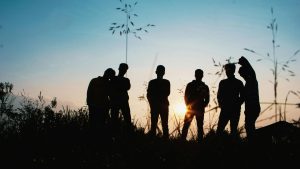
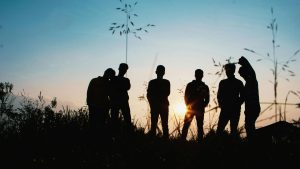
Robert Putnam (Research Professor of Public Policy at Harvard University) and Richard Reeves (Senior Fellow at the Brookings Institution) wrote an opinion piece for the New York Times about the current “boy crisis” (how “boys and young men are unwoven from the fabric of our society”) and drawing parallels to the early 20th Century. Putnam and Reeves describe Progressive-era reform efforts and the emergence of child-serving organizations (such as Big Brothers, Boy Scouts, and the Y.M.C.A.). “We have boys seeking guidance. We have men seeking purpose. We have civic institutions desperate for male volunteers,” they describe. “We need to match the outpouring of civic energy, institutional innovation and readiness to experiment with risky new ideas that marked the “boy problem” reformers a century ago.”
Robert Putnam and Richard Reeves
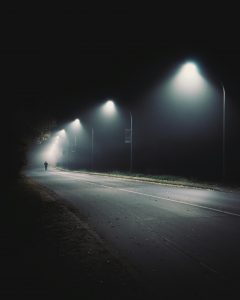
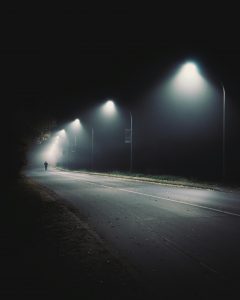
Knowable Magazine interviewed Patrick Bergemann (Associate Professor of Organization and Management at the University of California, Irvine) on his work examining why and when whistleblowers, crime victims, and others are likely to report or conceal wrongdoing. Bergemann also discussed how governments often encourage reporting (for instance, “See something, say something” campaigns) as a form of social control.











